A new breakthrough in Alzheimer’s research could bring hope to millions of people worldwide.
Others are reading now
Scientists in Canada have made a promising discovery in the fight against Alzheimer’s. A new drug, GL-II-73, appears to slow cognitive decline caused by the disease.
The Discovery

Researchers at the Centre for Addiction and Mental Health (CAMH) have tested GL-II-73 on mice exhibiting Alzheimer’s symptoms. The results show that a single dose can fully restore memory.
Hope for Millions

This discovery offers new hope to millions of people around the world who are living with Alzheimer’s.
Communication Between Brain Cells
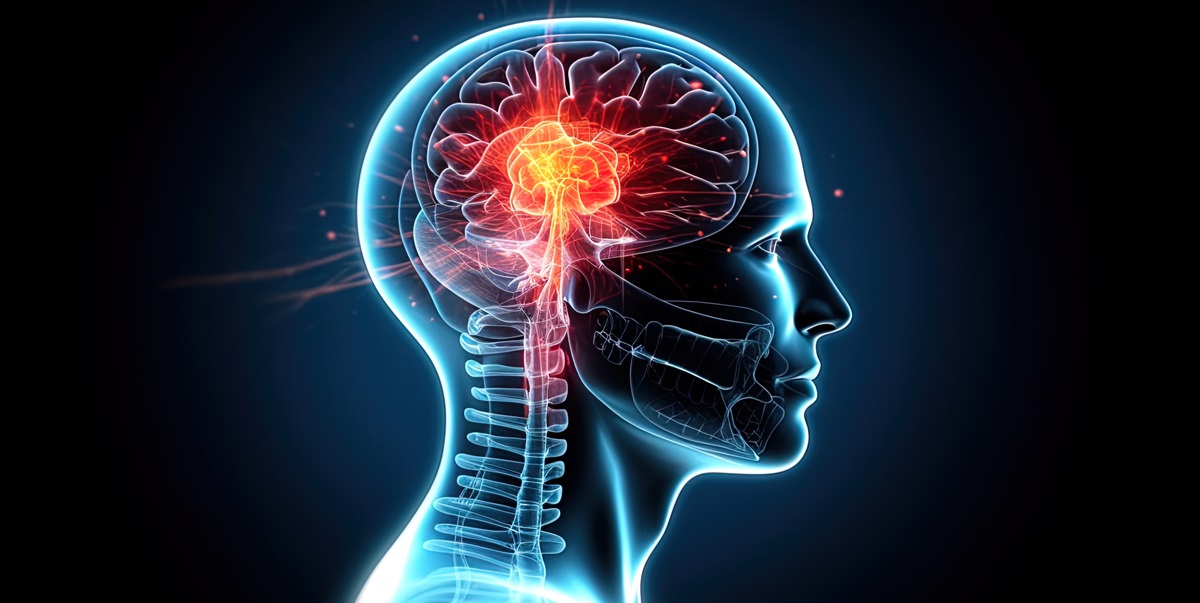
Many previous treatments have focused on reducing harmful protein build-ups in the brain. GL-II-73 takes a different approach: it works by directly improving the connections between brain cells.
Also read
How Does the Drug Work?

GL-II-73 activates GABA receptors in the hippocampus, the part of the brain responsible for memory and learning. This helps restore damaged nerve connections and improves brain communication.
Test Results in Mice
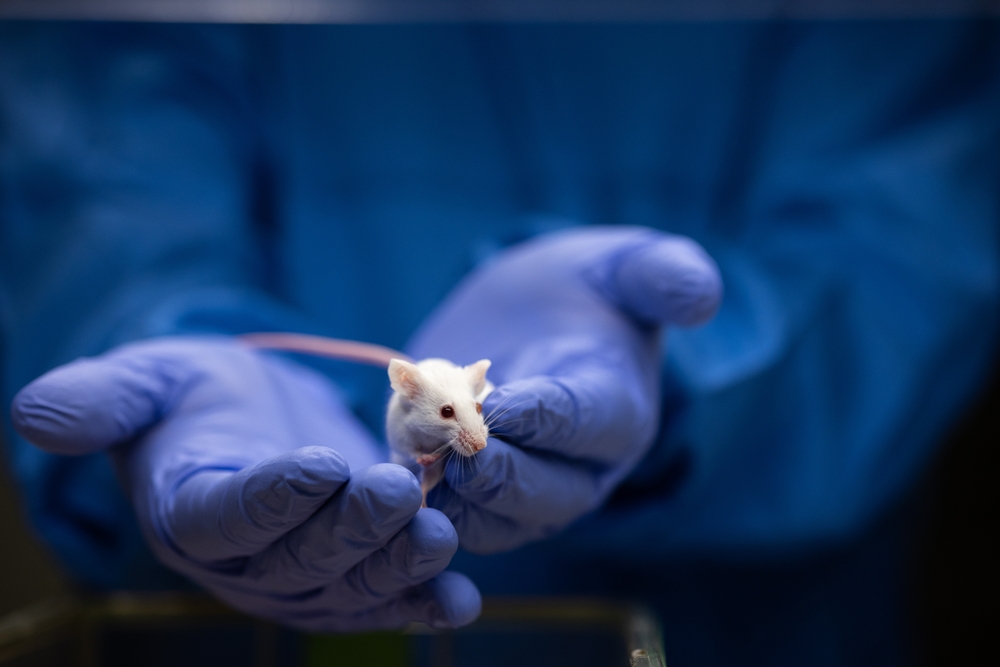
Mice with Alzheimer’s symptoms were given GL-II-73 and showed significant improvements in memory tests.
Memory Fully Restored in Early Stages
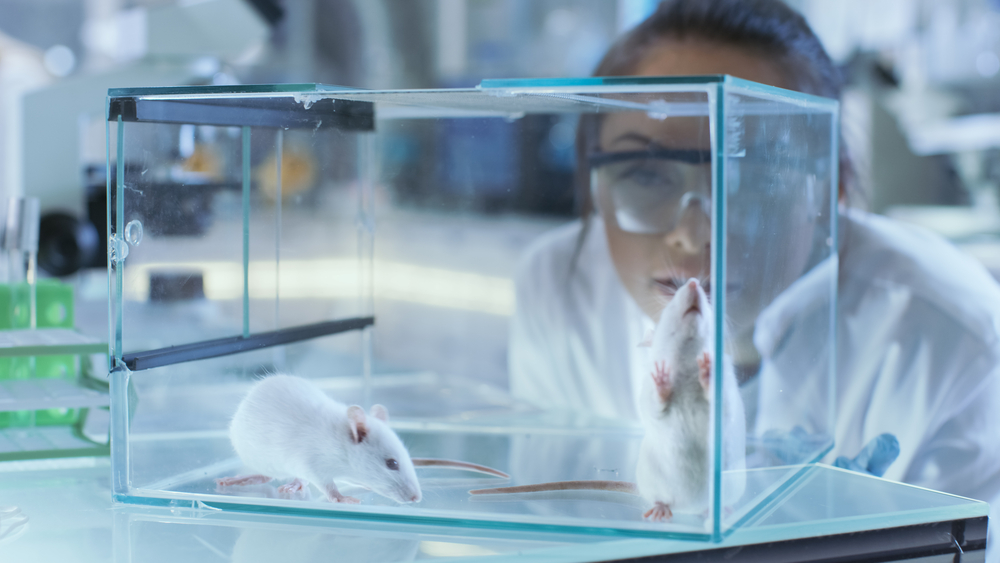
In mice with early-stage Alzheimer’s, memory loss was completely reversed after a single treatment.
Improvements in Advanced Cases

In mice with more advanced Alzheimer’s, a longer course of treatment was required, but researchers still observed clear improvements.
A Unique Treatment

This drug is unique because it does not just slow down the disease – it also has the potential to reverse memory loss.
What If It Works in Humans?

If GL-II-73 has the same effect in humans, it could be a revolutionary breakthrough.
The Next Steps
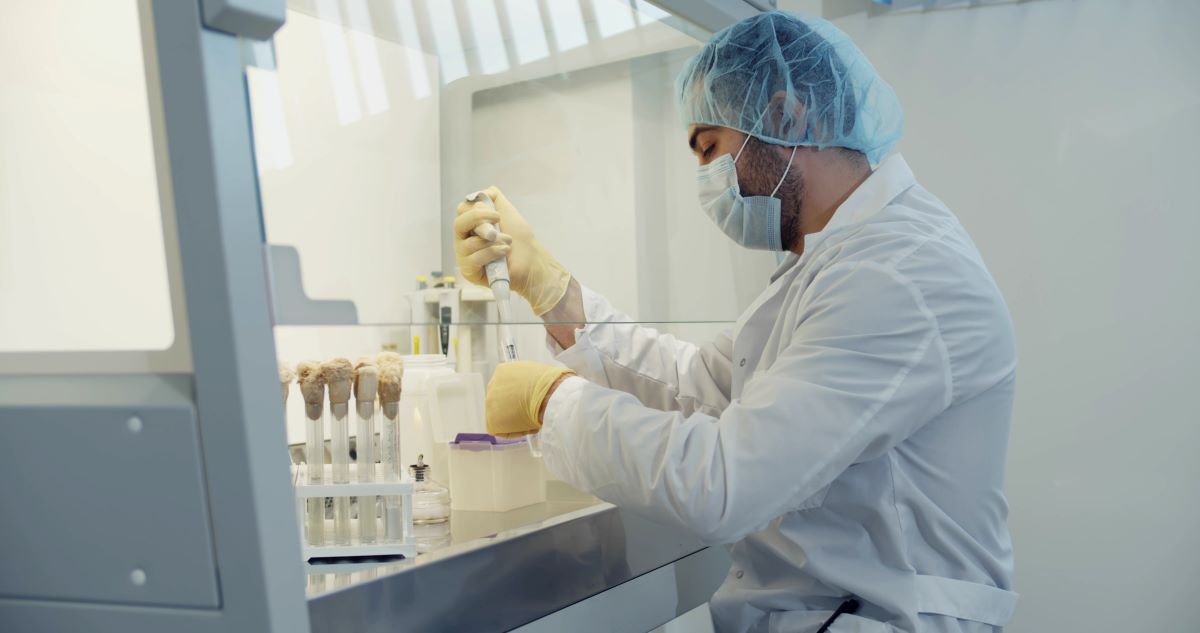
So far, the drug has only been tested on mice. Clinical trials will be needed to determine whether it is safe and effective in humans.
When Will the Trials Begin?
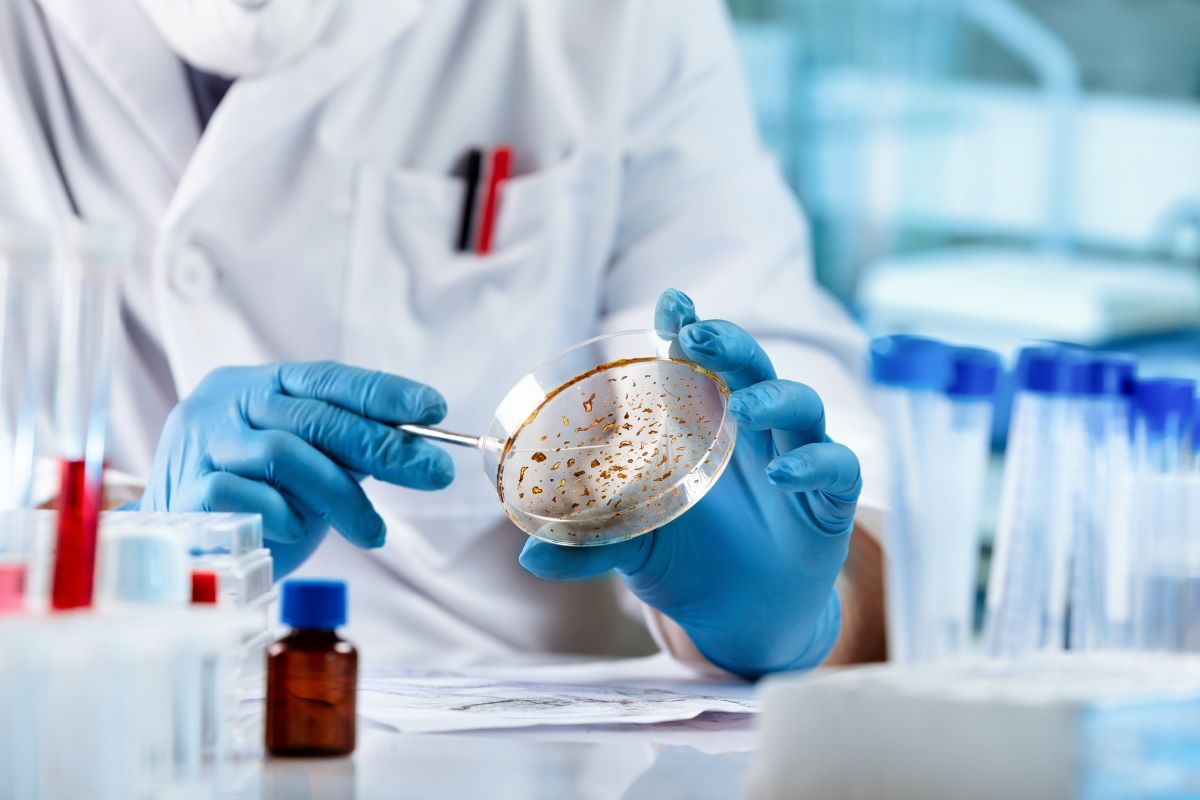
It is not yet clear when human trials will start, but researchers are working to accelerate the process.
Hope for the Future

While there is still a long way to go, this discovery has the potential to change the lives of millions of patients and their families.








